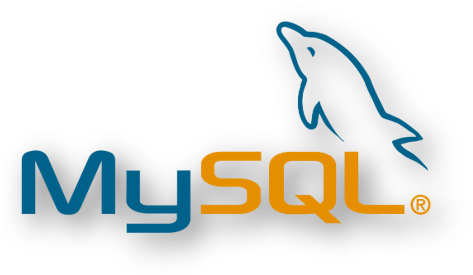SQL - MySQL for Data Analytics and Business Intelligence
- Understanding the fundamentals of relational databases and SQL language.
- Mastering SQL querying to extract, filter, and aggregate data from databases.
- Learning advanced SQL operations like joins, subqueries, and data manipulation.
- 1 Months
- Live Classes
- 20 hours
- Hindi/English
- Sat/Sun
What you'll learn
- Learn to define and explain what a database is and its importance in data storage and retrieval.
- Gain the ability to describe the functionalities and advantages of a DBMS.
- Acquire the skill to differentiate between various types of databases (hierarchical, network, object-oriented, relational) and their use cases.
- Learn to explain the key features and benefits of RDBMS and how they compare to other database types.
- Understand and implement Star and Snowflake schemas in data warehousing.
- Learn to choose the appropriate schema for different analytical needs.
- Learn to design and use Fact and Dimension Tables effectively in a data warehouse.
- Gain the ability to define and differentiate between Fact Tables and Dimension Tables.
- Learn to write and execute SQL queries to interact with databases.
- Master the use of various SQL commands categorized under DDL, DML, DCL, and TCL to manage databases.
- Learn to utilize different types of joins (Inner, Left, Right, Full Outer) to combine data from multiple tables.
- Learn to design and optimize database schemas and table structures for efficient data storage and retrieval.
- Gain the skill to define and apply constraints (Primary Key, Foreign Key, Unique, Not Null, Check) to maintain data integrity.
- Learn to select and use appropriate data types for different kinds of data in SQL.
- Master the application of various SQL functions (Aggregate, Scalar, Date, String) to manipulate and analyze data.
- Perform complex data transformations and calculations using SQL functions.
- Learn to effectively use SQL clauses such as WHERE, GROUP BY, HAVING, ORDER BY to filter, group, and sort data.
- Write advanced SQL queries to address specific data analysis requirements.
Requirements
- Must have Gmail accounts. All the invitation and documents will be shared on this account
- Must have personal computer OR Laptop (Office laptop will work if they allow installation)
- Must have any type of experience of using computer (Basic knowledge of computer, How to Download/install program etc.)
- No Prior coding knowledge is required. ☺
Who this course is for
- Recent Graduates (Non-IT or IT)
- Working Professionals
- Professionals transitioning to Data Analysis
- Business Analysts
- Anyone Interested in Data Analysis
No prior programming experience is required.
However, a basic understanding of programming
concepts and familiarity with Microsoft Excel would
be beneficial
Course content
- Here we will discuss what is data, database and what are some examples of database
What is database management system and what is importance of DBMS
What are some types of databases(Relational, NoSQL) and where the difference between them
Relational Database Management System and how it works
What is star and snow-flake schemas and different between them
What is fact table, it’s structure and properties and examples
Definition of dimension table, structure, properties and examples
What is Structured query language and how it works
What are some commands in SQL : DDL, DCL, DML, TCL
Importance of Joins, How it works, Types of joins in SQL
Database and table structure, components of database and table
What are some constraints use while creating tables. When to use which constraints
What are the datatypes in SQL, Importance of it. When to use which data type
Data manipulation using SQL functions like Aggregation, Analytical, control flow functions
Types of clauses in SQL, Where and when to use which clauses in SQL Query
Tools Covered


